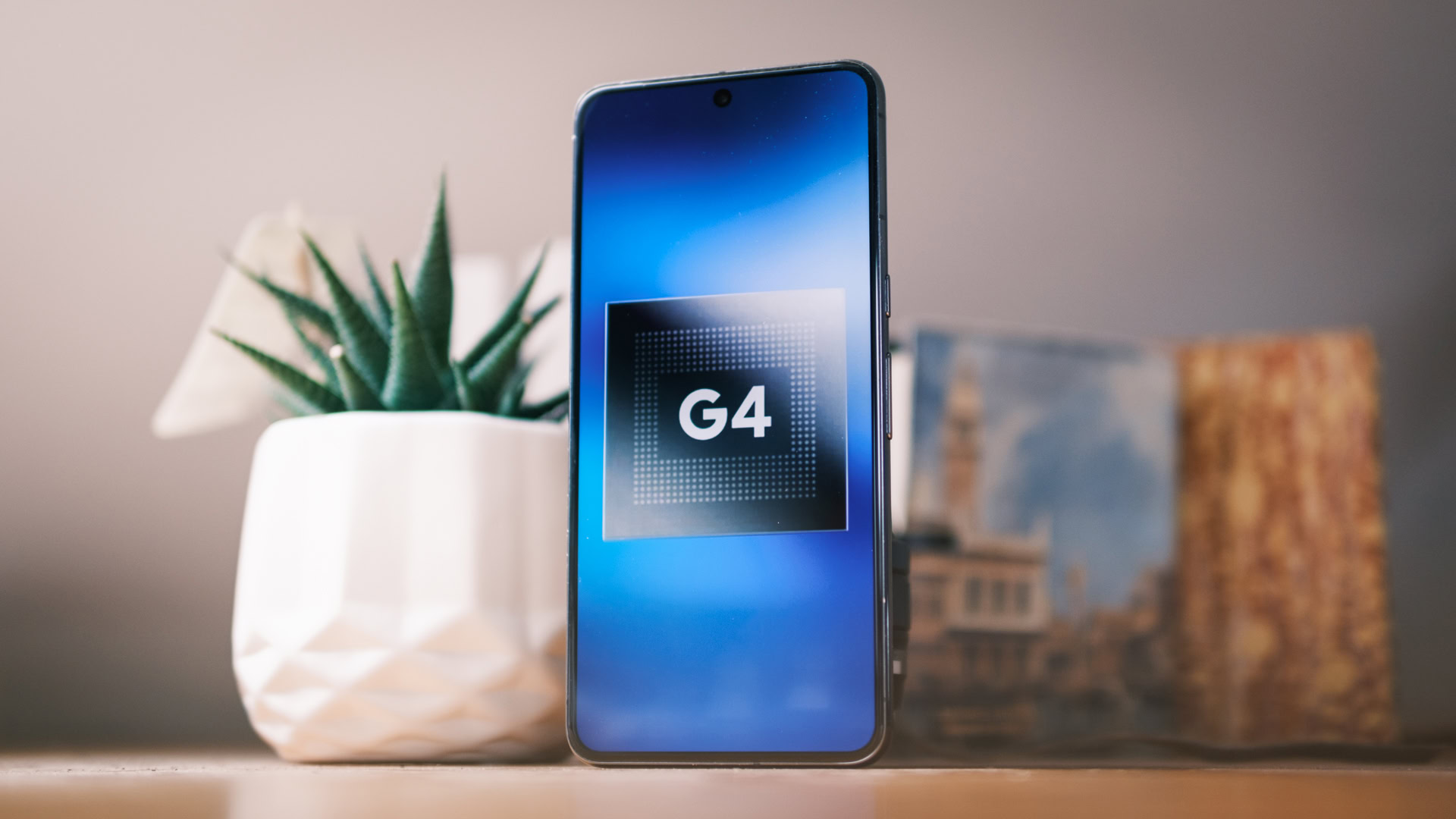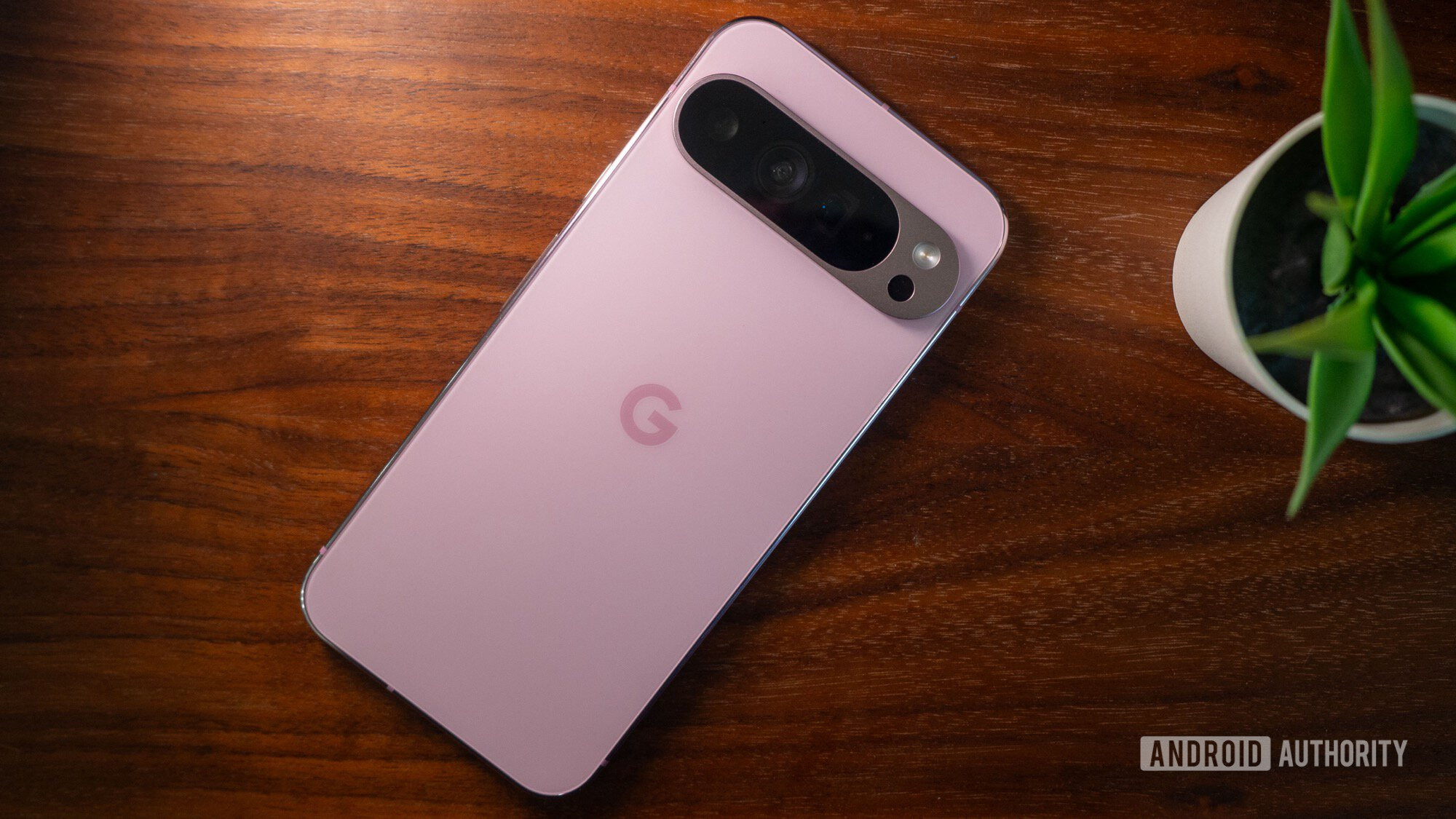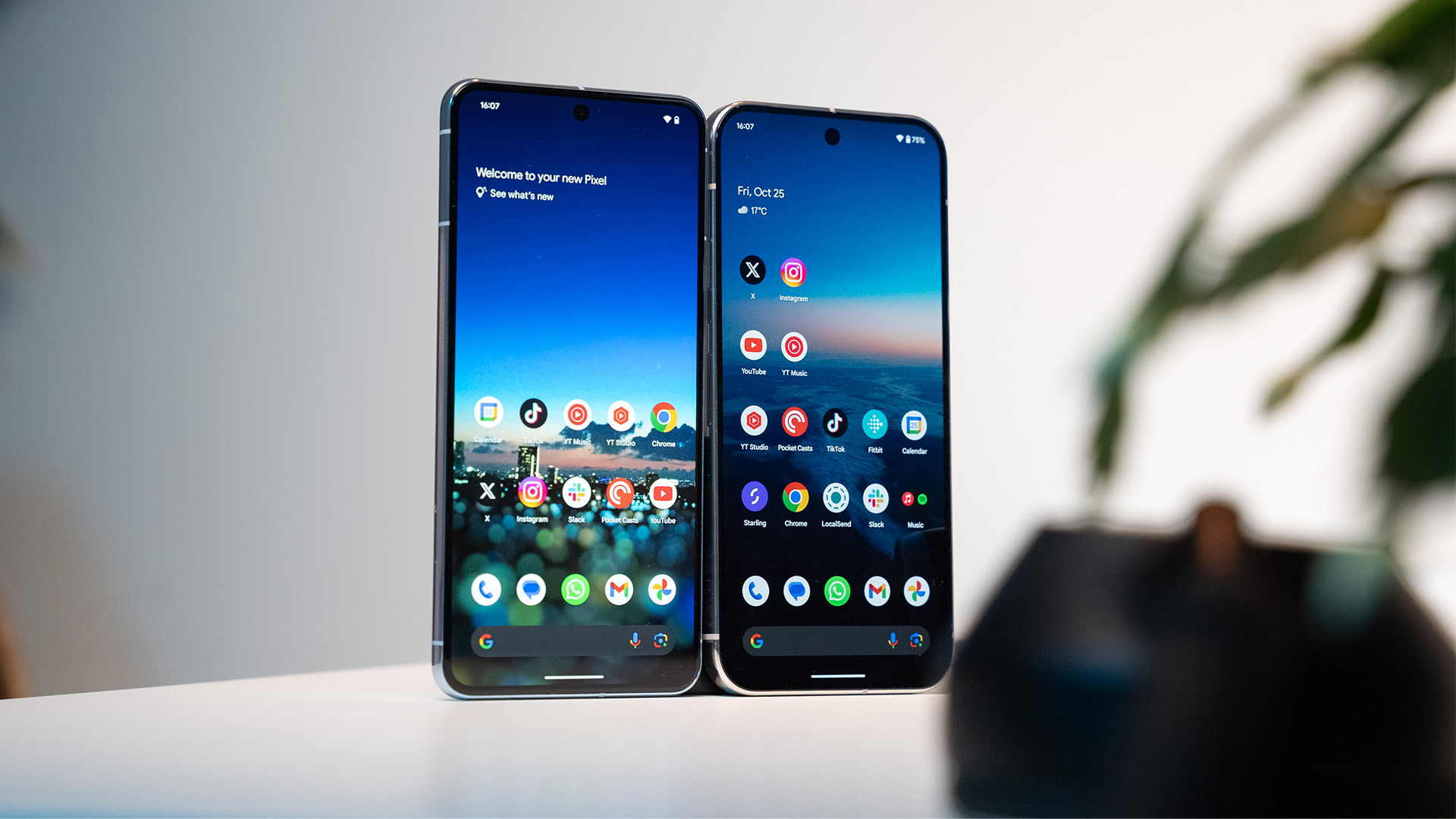We’re About To Witness A Critical Moment For Google Pixel Phones
Contents

C. Scott Brown / Android Authority
If you’re a Google Pixel fan, the future of the smartphone series has never looked brighter. Yesterday, a new report claimed Google won’t just have TSMC produce the Tensor G5 chip in the Pixel 10, but it will keep that TSMC partnership going for up to five years. In other words, we could see TSMC-made Tensor chips starting with the Pixel 10 and lasting through the Pixel 14.
Google’s Tensor chips have never been known for their incredible horsepower, battery efficiency, or thermal management. Since Google introduced its Tensor chips in 2021, the blame for those shortcomings has largely been put on Samsung, which has manufactured Google’s Tensor chips since the beginning. But with Samsung exiting the picture and TSMC supposedly filling that role for the next several years, we could be looking at the best phase of Google Pixel phones yet.
This is a big bet for Google, and if it pays off, it’ll mark the beginning of a grand new chapter for both Tensor chips and Pixel phones as a whole. But if the switch to TSMC doesn’t work, it’ll be one of the biggest fumbles in Google Pixel history.
Do you think switching to TSMC will solve Google’s Tensor problems?
58 votes
A chance to correct years of Tensor trouble

Robert Triggs / Android Authority
Complaints around Google’s Tensor project have existed since the first Tensor G1 debuted with the Pixel 6, and they’ve continued right up to the latest Tensor G4 in the Pixel 9 series. If you’ve followed Google’s Pixel phones during this time, you know exactly the complaints I’m talking about: lacking horsepower, poor thermals, and disappointing battery life.
These shortcomings were most aggressive with the Tensor G1 and G2 chips in the Pixel 6 and Pixel 7 series, respectively. Those phones regularly had performance hiccups, could barely last a full day on a single charge, and would quickly turn into an overpowered handwarmer if you pushed them too hard. Those issues subsided a bit with the Tensor G3 powering the Pixel 8 lineup, and things are even better yet with the Tensor G4 chip in the Pixel 9 phones.
But for all the improvements Google has made over the years, it’s never been enough to best or match the alternatives. The Google Pixel 9 Pro is an outstanding Android phone, but its performance benchmarks, battery longevity, and thermal management are still lacking compared to any competing Android phone with a flagship Qualcomm or MediaTek chip. And this has been Google’s biggest issue ever since it started this Tensor experiment.
Google’s Tensor chips have never been enough to best or match the alternatives.
With each new Tensor generation, Google has moved at a snail’s pace to correct the drawbacks of the previous version, rather than trying to take on the competition. While things improve year over year from Pixel to Pixel, Google never has a chance to fully compete on the same level as the latest Snapdragon or Dimensity chip. And with every year that passes, that discrepancy becomes more challenging to contend with.
This is a cycle Google has been incapable of breaking, and a large part of it is almost certainly due to Tensor chips being manufactured and produced by Samsung. Samsung’s chipmaking division (Samsung Foundry) has a proven track record for being one of the weaker players in the semiconductor game. TSMC, meanwhile, is one of the best.

Rita El Khoury / Android Authority
When Qualcomm made a similar change in 2022, the TSMC-made Snapdragon 8 Plus Gen 1 offered a 10% performance boost and 30% better power efficiency over the Samsung-made Snapdragon 8 Gen 1. The chip designs were largely identical, but that difference in manufacturing alone still yielded incredible, tangible improvements.
Now, imagine what kind of upgrades we could see going from a Samsung-made Tensor G4 to a TSMC-made Tensor G5. We’re talking a brand new generation of chipset technology, plus a much better foundry producing it. And if that TSMC partnership continues the way this new report suggests, Google could very well have the resources it needs to finally put its Tensor chips on the same level as a flagship Snapdragon or Dimensity one.
If all goes according to plan, this is the shakeup Google has desperately needed. A modern Pixel phone that’s no longer shackled by the usual Tensor troubles is an exciting thing to think about, and it could very well be the future we’re headed toward — especially if Google is working with TSMC for years to come. But that future is not guaranteed.
Google’s last opportunity to fix things

Paul Jones / Android Authority
There is another outcome to this scenario, and it’s one where a TSMC-made Tensor chip doesn’t live up to our expectations. There’s a very strong possibility that Samsung is what’s been holding Tensor chips back, but it’s also worth considering that Google’s core chipset designs may not be particularly good.
If that’s the case, then going from Samsung to TSMC won’t matter, and we’ll continue having Pixels with the same issues we’ve had for the last several years. As big of a win as the TSMC switch will be if it works out, it’ll be just as damning for Google if it doesn’t.
Either this will be one of the best moves Google makes for the Pixel lineup, or it’ll be one of the most disappointing.
Think about the position Google would be in if it goes through this massive foundry change, just to keep producing chips that continue to offer lackluster performance and efficiency. Not only is this likely an enormous financial investment, but it’s a move with a lot of eyes on it, too.
It’s also the last big move Google has up its sleeve to rejuvenate its Tensor chips. If Google still can’t figure things out with TSMC manufacturing, it doesn’t have another big foundry to turn to. At that point, Google either keeps chugging along with disappointing Tensor chips year after year, or it throws in the towel and admits defeat.

Joe Maring / Android Authority
Unfortunately for Google, there’s no real middle ground here. Either the company gets its Tensor chips back on track with Tensor G5 and starts producing the flagship silicon we’ve been waiting for, or it doesn’t. Either this will be one of the best moves Google makes for the Pixel lineup, or it’ll be one of the most disappointing.
No matter the outcome, we’re heading towards a critical shift in the future of Pixel phones as we know them, and — hopefully — one for the better.
What’s your reaction?
Love0
Sad0
Happy0
Sleepy0
Angry0
Dead0
Wink0










Leave a Reply
View Comments